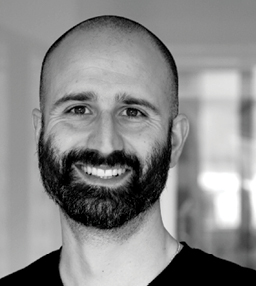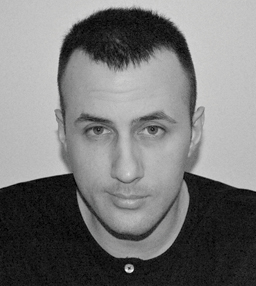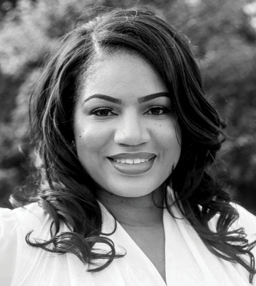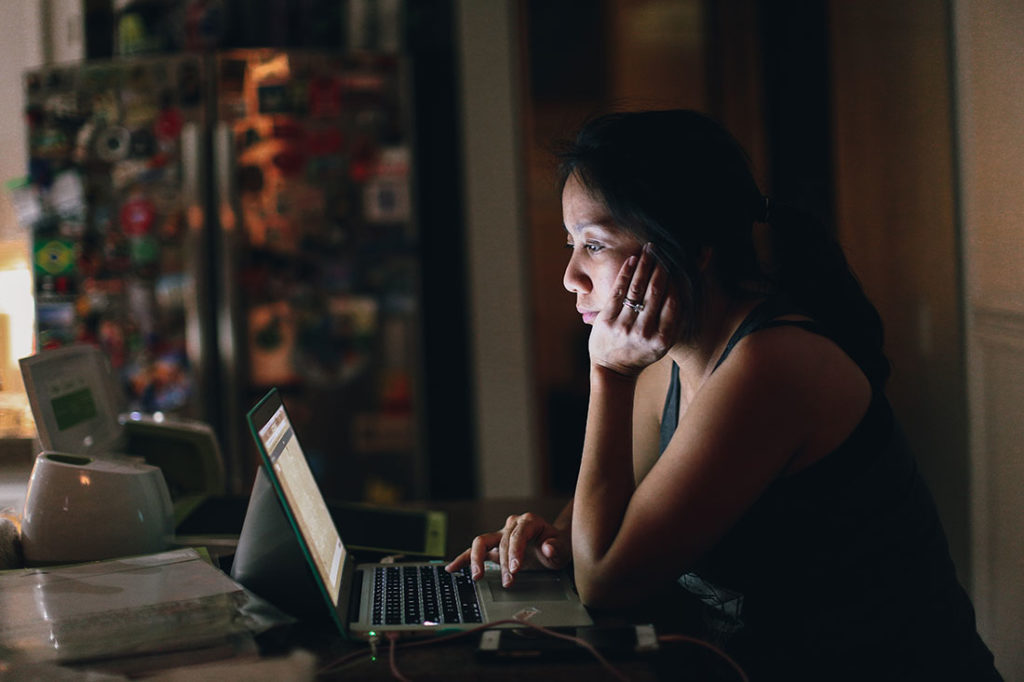There is enough for everyone. This is the premise of an abundance mindset, and modern entrepreneurship is perhaps the most tangible example. Digital nomads, full-time freelancers and serial contractors have all seized the countless opportunities to develop a side hustle for extra money, professional growth or even just for kicks. No matter the motivation, there is plenty of pie—somewhere in the billions—to go around.
But opportunity doesn’t equal ease. Every decision comes with a price extending beyond the financials. Let’s say you want to launch a daily travel blog. Your side hustle invoice will include the time and creative energy it takes to write, publish and market the blog. You’ll also have some hard costs, such as website hosting, image editing and research. You might take the physical cost into account, such as neck and back pain from extended sedentary time. Don’t forget the mental and emotional toll of the inherent risk that side hustles bring. You’re willing to pay this invoice and march onward.
Fast-forward six months. Maybe the money isn’t flowing like it once was. Maybe the hustle feels stagnant. Maybe you’re just not as excited as you were six months ago. That’s part of the entrepreneurial grind, right? An obstacle is simply an opportunity to push through, go around or leap over. By definition, those who launch side hustles must, well, hustle. This is what you signed up for, right?
But maybe you have a feeling growing deep inside you. It whispers to you in the middle of a sleepless night about missed birthday parties, date nights and free time. You can’t remember the last time you did absolutely nothing at all. The idea of ditching your hustle sounds enticing, and terrifying. You’re used to the extra money. What would your family think? How would it affect your reputation? How can you be sure that ending your side hustle is the right move when success could be just around the bend?
The answer of whether to end your side hustle is not an easy or straightforward one. Just as the decision to start your hustle was one born of risk and gut feelings, so also is the decision to end it. There are hundreds of factors at play, but they can ultimately determine one thing: Is your side hustle still worth the mental, emotional, physical, financial and social investment?
To further break down this idea, consider the following questions. Spend time alone with them. Journal about your answers. Talk to trusted friends and family.
- You started your hustle for a reason. Do you still believe in that reason?
- Where do you see your side hustle six months from now?
- Which parts of your side hustle do you enjoy the most? Least?
- What are your first thoughts when you wake up in the morning? Before you go to bed?
- How would you rate your health—mental, emotional and physical—compared to six months ago?
- How would you compare your relationships now with your relationships prior to launching a side hustle?
- How much of your time is dedicated to your side hustle versus other endeavors?
- How much free time, if any, do you have every day? How do you spend it?
- If money and time were no object, what would you do? Not do?
Quitting a side hustle can feel like admitting failure, but it can also be the most healing thing you do for yourself. Identify your true priorities and then adjust your life to those priorities. A side hustle should never be something you adapt to, but rather something adaptable to you.
Learn from three side hustlers who found that folding, albeit difficult, was ultimately rewarding and often led to bigger and better things.

Giuseppe Frustaci
Founder of Stick Shift Driving Academy
I was user No. 3553 on Airbnb, having signed up only a few months after it launched. At one point I was hosting three properties in Boston and earning a comfortable income. But in 2016 I started winding it down and by August 2019 I was out.
There’s simply an income ceiling for Airbnb hosts. Developing more skills was neither significantly profitable nor emotionally fulfilling. I could become the best host with the most efficient process and greatest customer service skills, but that investment wouldn’t scale. I also stopped enjoying the work itself. There was a time when I enjoyed meeting the people and I derived meaning from helping people. But then it became a job and I just didn’t have a love for it anymore.
I started a manual transmission driving school while hosting and grew it to 87 locations throughout the country. Growing that business forced me to develop all sorts of skills and knowledge that satisfied my curiosity
Getting out of being an Airbnb host has been a mixed bag. I’ve had significantly more time and energy to focus on my growth opportunities, but letting go of certain income and easy work for uncertain income and challenging work has been, well, challenging. I was anxious after letting go of my backup plan. But stronger than the anxiety was the certainty that I was making the right decision. I never second-guessed it.

Mike Miller
Founder and Editor-in-Chief of Wilderness Times,
Fort Lauderdale, Florida
I wanted to make more money, so I started freelance writing. I did this consistently for six months to build a book of business. I quit because I was overworked and underpaid—I was exhausted.
I was making money, but the revenues were much lower than I expected. I could’ve kept going, but there was one problem: I was miserable. The side hustle no longer felt like a hobby. It became a job. I was constantly working 12-hour days. I wasn’t sleeping well due to stress, and I found myself having a few too many beers to unwind. That’s when I knew I should stop.
It was tough. At first I felt like a failure. It was hard to give up. I changed my side hustle from freelance work to running my own website. It’s 100 percent more fun and relaxing, and I absolutely love it. I make my own schedule and my own decisions. I don’t have a client barking orders at me 24-7. Instead, I make the rules.
My advice? Do something you could see yourself doing for a long time. Don’t do contract work unless you set clear expectations to your client about deadlines and workload. Choose running your own business over doing freelance work for someone else’s business. Trust me.

Melanie Oates
Speaker, Special Needs Parenting Advocate and Founder of Here for a Reason, Inc, Washington, D.C.
I have run my side hustle, TwinMomHair, an in-home braiding salon, for 20 years. On Dec. 31, 2019 I closed the doors to my side hustle to focus on raising my children, growing my new business venture, the nonprofit I founded and my speaking career.
During those 20 years, I graduated from high school and college. I got married, had a set of twins, got divorced and became a single parent. I knew the salon was no longer valuable when I experienced a level of burnout like no other. Both of my children are special needs, so the demand as a single parent while running a side hustle was at an all-time high.
The decision to close my salon has been bittersweet. I’ve made so many connections as a stylist and so many clients were inspired by me and my grind while raising my children.
My advice to other entrepreneurs in similar situations is to trust your instinct. If your passion starts to turn into a problem, take that as a red flag. It may be a sign that you either need to focus on something else, or let something go so you can continue the grind.
Read next: 10 Tips for Pursuing a Side Hustle
This article originally appeared in the May/June 2020 issue of SUCCESS magazine.
Photo by @5byseven/Twenty20.com



